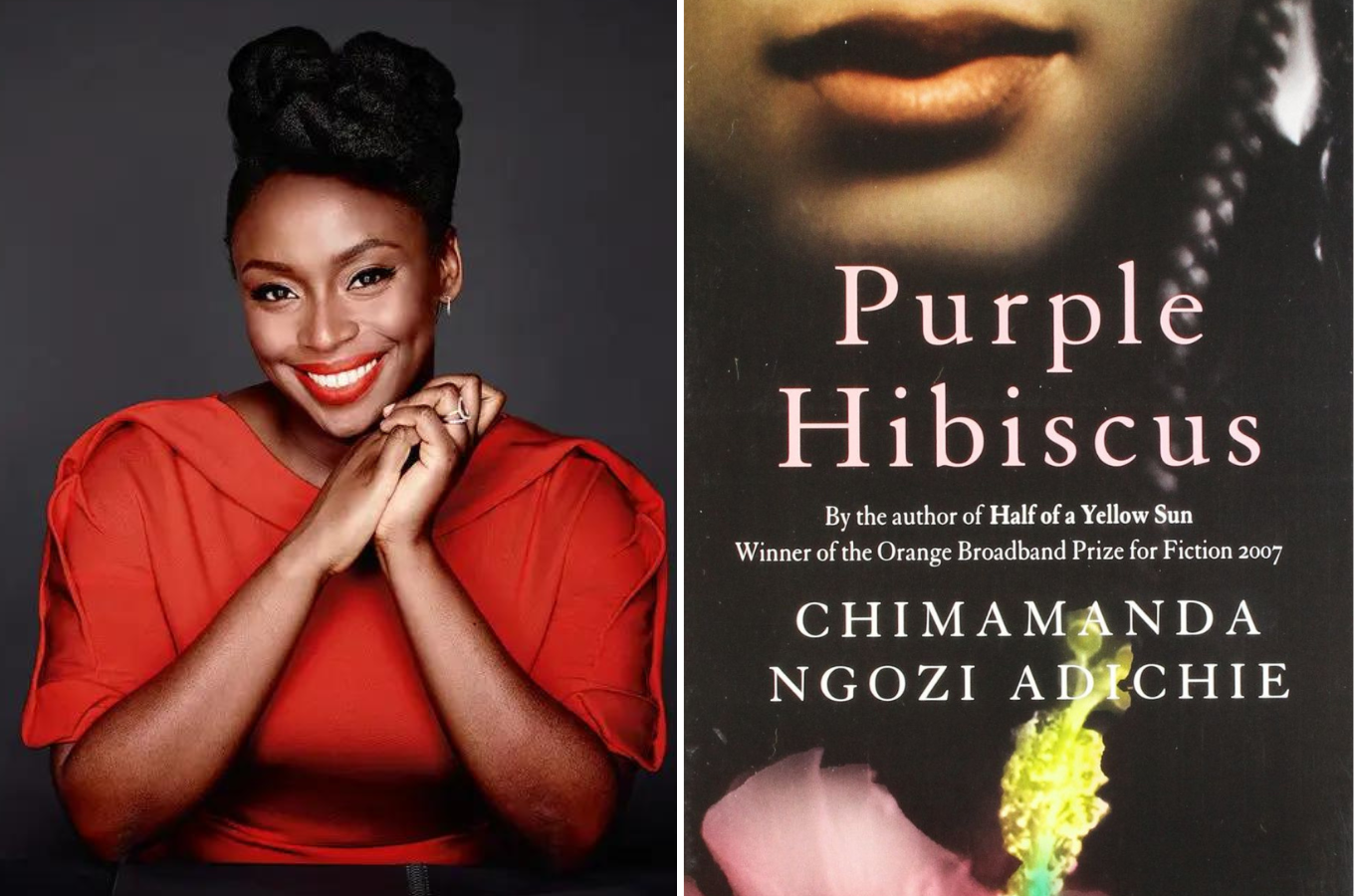
The Journal of Global Postcolonial Studies has a special issue coming up on the topic of contemporary African novelists in America. If you have a scholarly essay that fits the bill, we recommend you apply by the deadline of September 1.
The Journal of Global Postcolonial Studies publishes interdisciplinary and cross-cultural articles and interviews on literature, history, politics, and art whose focus, settings, or subjects involve colonialism and its aftermath, with an emphasis on the former British Empire.
As guest editor of the journal, Simon Lewis is seeking essay submissions for a special issue on contemporary African writers who have come to prominence in the United States over the last two decades. Titled “Welcome to NGANA, the New Generation of African Novelists in America”, this special issue will focus on relatively young authors who have lived and/or studied in the United States, and aims to become the definitive source for criticism of the specific generation of African writers whose work has been particularly affected by or concerned with contemporary life in America.
When Chimamanda Ngozi Adichie burst onto the North American publishing scene in 2003, the publication of her brilliant debut novel Purple Hibiscus did not just signal the start of a single author’s brilliant career, it also forged a path for a whole new generation of African novelists who had come to America as immigrants or students and who have been mining that experience in their writing. Writers born in Africa who studied at American universities – Teju Cole, Taiye Selasie, Yaa Gyasi, Uzodinma Iweala, NoViolet Bulawayo and Akwaeke Emezi, to name just a few – have followed in Adichie’s footsteps.
While it would be reassuring to think that the current surge of African novelists represents a wider American interest in all things African, the success of these novels may also have to do with the fact that so many are actually set in the U.S. The recurrent theme of immigration to the U.S. gives many of these works direct relevance to U.S. readers. As Black outsiders in the U.S., African immigrants have a particularly acute insight into the way race and racism affect daily life in this country. One of the common features of these novels is the way in which they explore the tension of racial solidarity and mutual misunderstanding between African immigrants and Black Americans.
In addition to essays analyzing individual authors and/or their work, essays on the following themes are welcome:
- Migration – pushes and pulls – and diasporization
- National/racial/ethnic identity
- Gender and Sexuality
- History
- Regionalism
- Educational systems and ideologies
- Publishing and cultural capital
- The role of writing programs/graduate education
- Language issues – privileging of non-African languages; vernaculars, dialects, and accents; “Globish”
- Class and racial (non-)solidarity
- Responsibility to self and community
- Affiliation/disaffiliation with prior generation(s)
- Theories of Weltliteratur, postcoloniality, etc.
- Questions of genre – Young Adult, Romance, Science Fiction, Afrofuturism
- Afropolitanism
- Afropessimism
Selected submissions will be sent out for peer review in September, while decisions will be sent to authors re acceptance/revise and resubmit in December. In March 2025, final drafts will be received from authors, while the full and final draft of the entire issue will be submitted to JGPS in June. Publication will take place in September 2025.
Submission Instructions:
Manuscripts of c. 5,000 words and following MLA guidelines for formatting should be submitted by September 1st, 2024, according to the Journal’s guidelines. Preliminary ideas and/or drafts of complete articles can be submitted to the guest editor at [email protected].
Deadline: September 1, 2024
Good luck to all applicants!









COMMENTS -
Reader Interactions